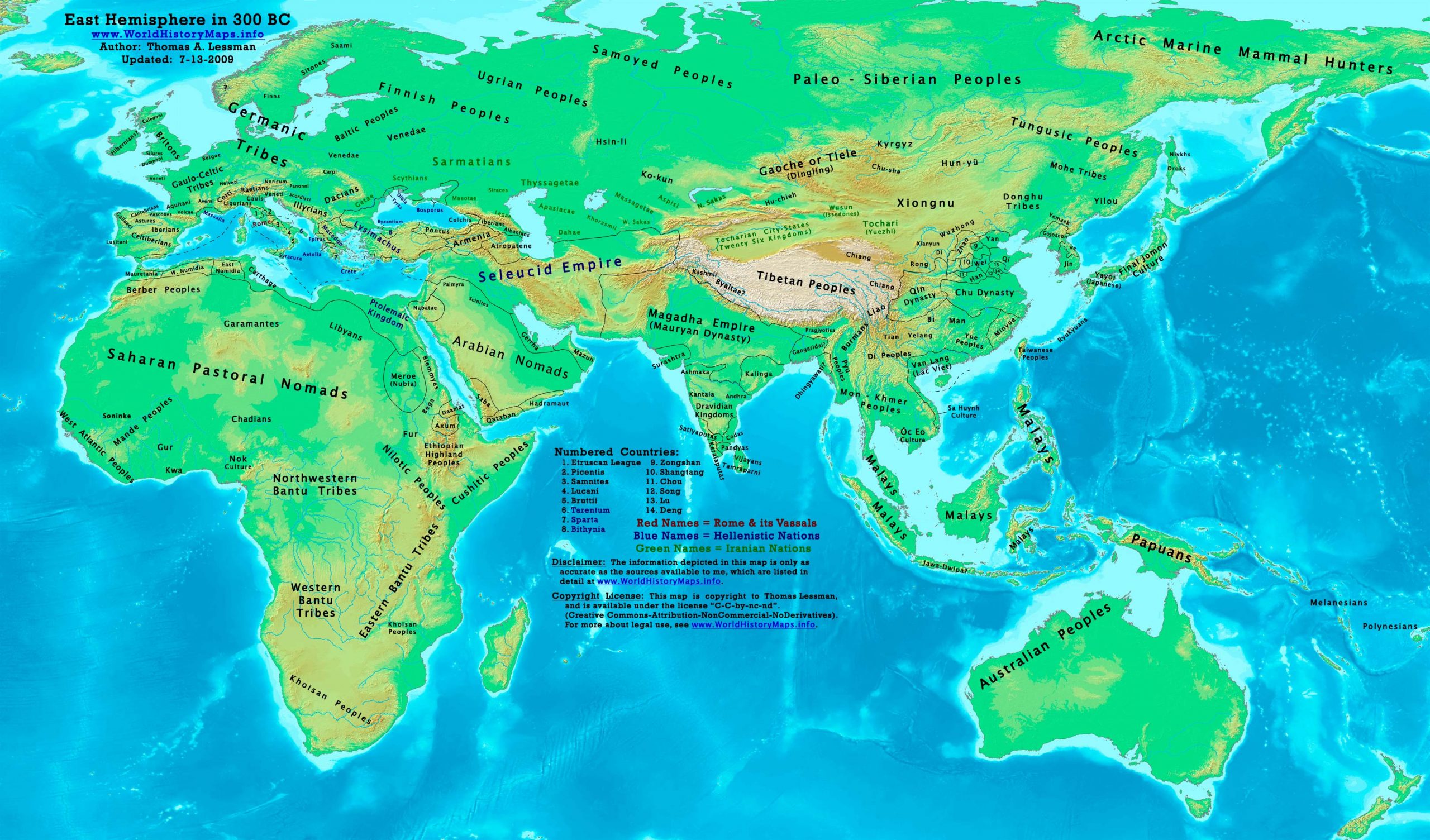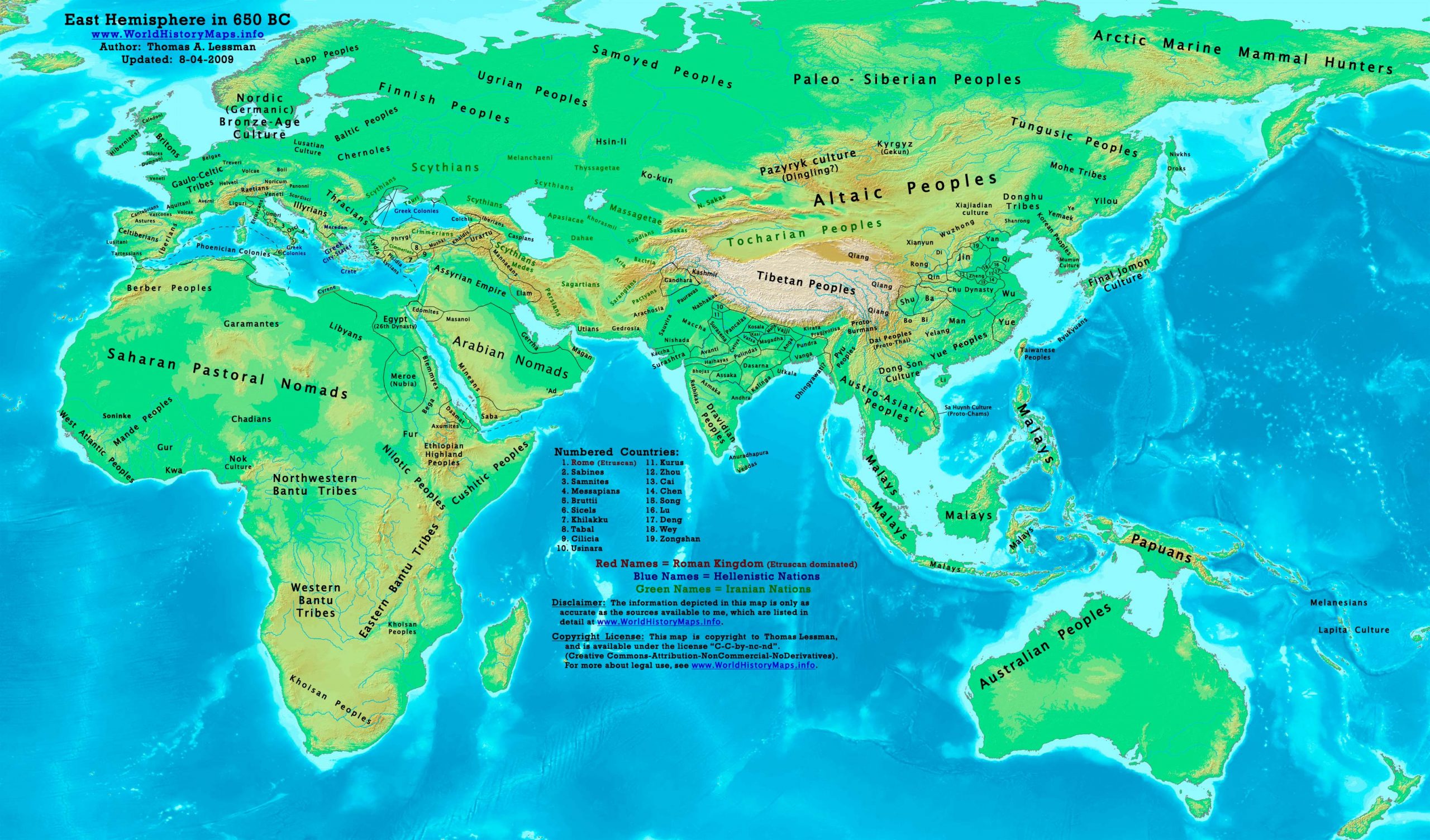civilizationfanatic2000
Prince
- Joined
- Jan 13, 2022
- Messages
- 332

Take a look at this map of Europe (and West Asia, and North Africa, and a bit of Central Asia) in 300 B.C Notice anything different?
There's a crapload of states. We need to rethink the common definition of Civs in our game- instead of organized empires, we could also think tribes and city-states. Relating back to my previous culture thread, each Culture would belong to a Culture Group. French, German, American, etc would all belong to the Western Culture Group. Culture Groups would shift over time, such as Roman culture splitting into the modern Western cultures we have nowadays.
What I would also change is what happens when your state gets destroyed. In Civilization, when your last city is razed, that's it you lose. But 1. In New Civ, the city is much less important and 2. You wouldn't lose when you lose your state. Instead, you could continue playing as a state that shares your Culture Group.
In Civ VI, the Gallic civilization would be a massive empire blocking Rome from expanding north of the Alps. In New Civs, the Gallic 'civilization' would be a mash of states like the ones you see in the image. New states can form at any time, provided certain prerequisites are filled. Which makes for a more dynamic game- a bunch of states dating back to 4000 BCE surviving all that time and not changing in the slightest, or hundreds of states, tribes, etc appearing all across the world map all the time. Sorry this is so short I have to go





